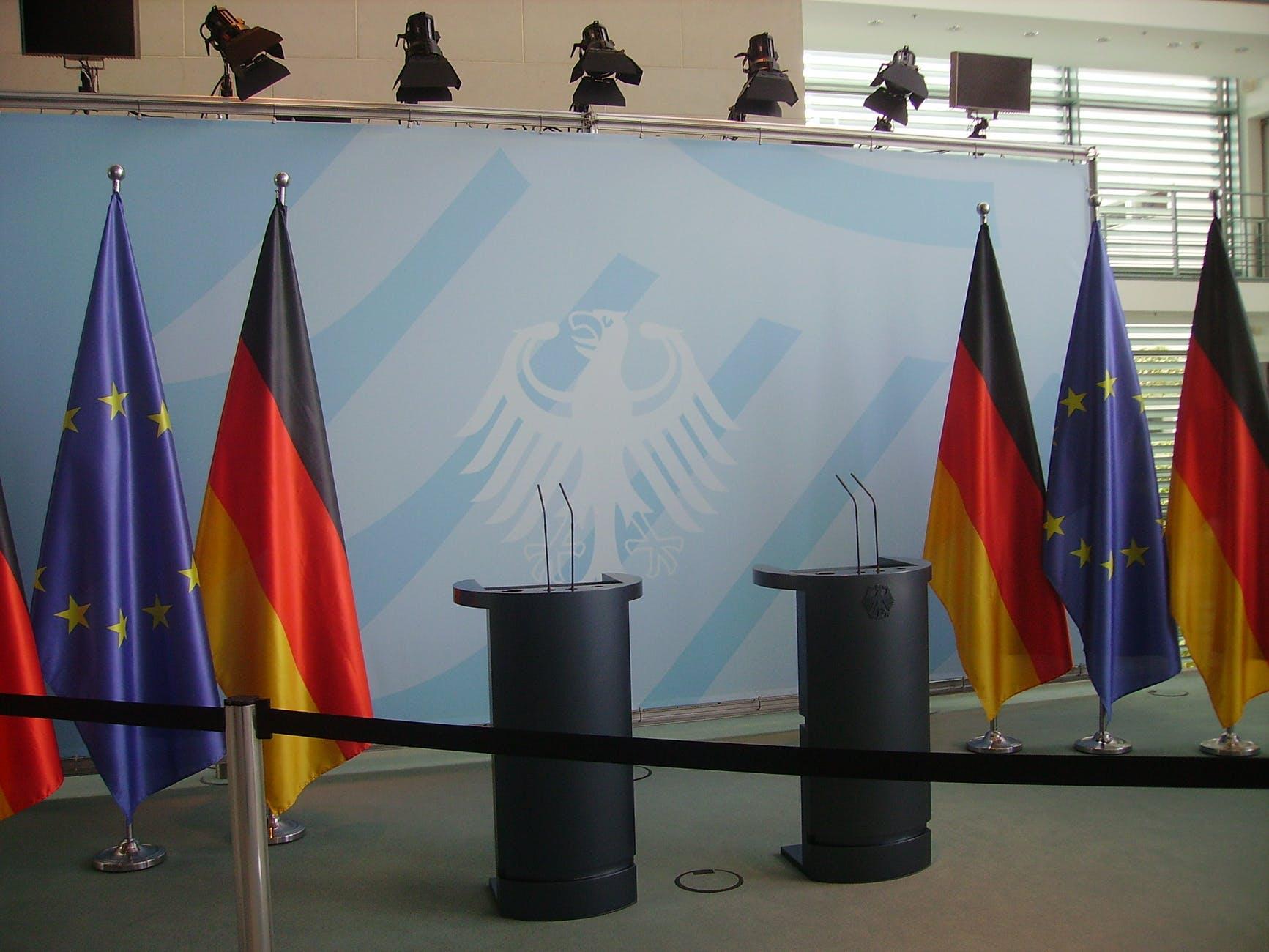blog
Wall Street Journal
Germany Shuts Door on Patent Trolls

Germany on Friday removed a legislative quirk that had made it a prime destination for globally active patent litigators who increasingly target fast-growing tech companies. Under the new legislation, courts examining a patent claim will conduct a proportionality check to decide whether an injunction would cause “undue hardship” to the alleged infringer or any third party. Ludwig von Reiche, IP2Innovate's board member told Wall Street Journal, that the law was an important step towards creating a better balance between patent and innovation protection. It remains to be seen how judges apply the new law, he added.
Share
Other press coverage

handelsblatt.com
Fronten im Streit über neues Patentrecht brechen auf
Bei der Modernisierung des deutschen Patentrechts liefern sich Unternehmen und Branchen eine hitzige Debatte. Wird Deutschland zum „sicheren Hafen“ für Patentverletzer?

expansion.com
Apple y Microsoft instan a la UE a plantar cara a los ‘trolls’ de patentes. [Expansion | 17.01.2020]
35 companies signed a letter urging Brussels to take action against companies that buy patents with the sole purpose to make business out of them.

Handelsblatt
Fight the patent rolls: Compromise on new law divides the economy
A change to the German #patent is likely to adopted this Friday, which for the first time considers the complexity of modern products in the digital age.
